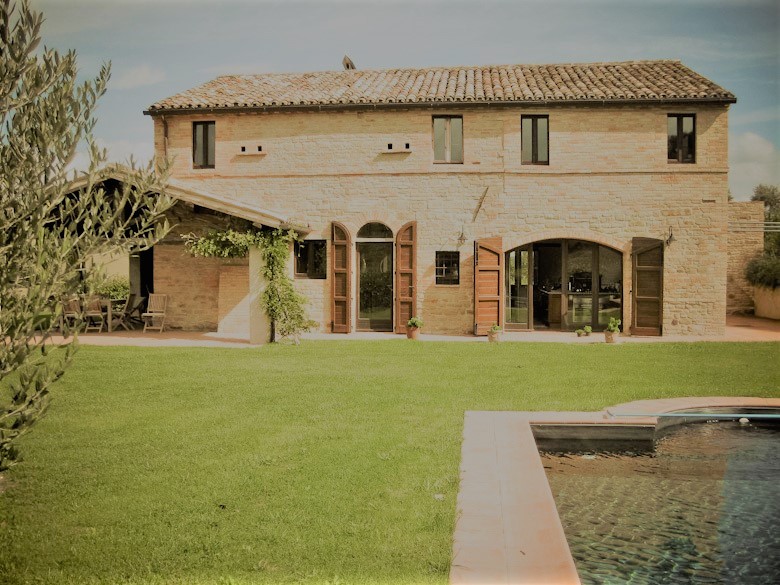Property Investment Italy
The Buying Procedure
Italy is an excellent country for property investment. The country has a fairly simple property buying process but it differs a lot from the USA and UK systems.
I have gone through the real estate buying process myself and it is actually rather easy - once you understand it.
You may also involve your lawyer if you would like extra peace of mind, although I have never done so, seeking professional advice, including that of legal counsel, is strongly advised to mitigate risks and ensure a successful real estate acquisition.
You will need an Italian tax number known as a codice fiscale, which your lawyer or agent can arrange. You will also need your passport.
The process is in five steps:
1) Make the offer
Once you find a property you like, you then make an offer, which is signed by you and the seller. This then gives you and the seller a certain amount of time to sign the Compromesso (preliminary contract). You normally pay around 10% of the purchase price, which is held by the estate agent. If you back out after this is signed you lose this money. This is also when you can have your surveyor (geometra) check out the property to make sure all is as stated - make sure that the offer is conditional on the surveyors report confirming the sellers statements regarding the condition of the property to be factual.
2) The Preliminary contract (Compromesso)
The preliminary contract (Compromesso) commits both parties to the sale. The contract confirms that both parties agree to buy and sell the property, and agree on the terms and conditions of the sale. It is often a good idea to let your lawyer look through the contract as you need to pay a 1/3 deposit which you will lose if you back out after signing the contract. If the owner backs out he will have to pay you double your deposit.
3) Il Rogito Notarile (L'atto di compravendita)
This is the final completion of sale. It is vital that your mortgage is finalized too as you must make full payment and pay the notary, surveyor fees and all taxes at this point. If you cannot be here you are entitled to give power of attorney to someone in Italy you trust or your agent. I would recommend that you attend in person though and with a translator if your Italian isn’t that good. The notary reads the deed aloud, ensuring that both parties fully understand the terms and conditions. Once signed, the property officially changes hands, and the buyer pays the remaining balance.
4) Registration and Taxes
Following the signing of the deed of sale, the notary registers the property transfer with the local Land Registry (Catasto). The property is now yours and you are responsible for paying the necessary taxes, which include the Imposta di Registro (registration tax), Imposta Ipotecaria (mortgage tax), and Imposta Catastale (cadastral tax). These taxes vary based on factors such as property type, location, and the buyer's residency status.
5) Possession and Utilities Transfer
Upon completion of the transaction, the buyer gains possession of the property. It is essential to transfer utility accounts, such as water, electricity, and gas, into the new owner's name. This ensures a seamless transition and avoids any service interruptions.
My advice is to try to organize the mortgage and
home insurance
in your own country, particularly if you are buying a holiday home as opposed to moving permanently to Italy. The reasons I say this are: firstly it is
easier to do in your own language and secondly, if your home currency
isn’t the Euro, it eliminates the currency risk.
For more information and a selection of properties visit our property investment Italy main page.
If you enjoy my site, I'd love your support.
All you need to do is book your accommodation via this link or any of the other hotel links on the website. Whether it's for travel to Italy... or anywhere else on earth, your support means the world to us.
You'll get the best deal available, and the income helps us stay independent and keep bringing you the best of Italy.
- HOME
- Property in Italy
- Buying Procedure











New! Comments
Have your say about what you just read! Leave me a comment in the box below.